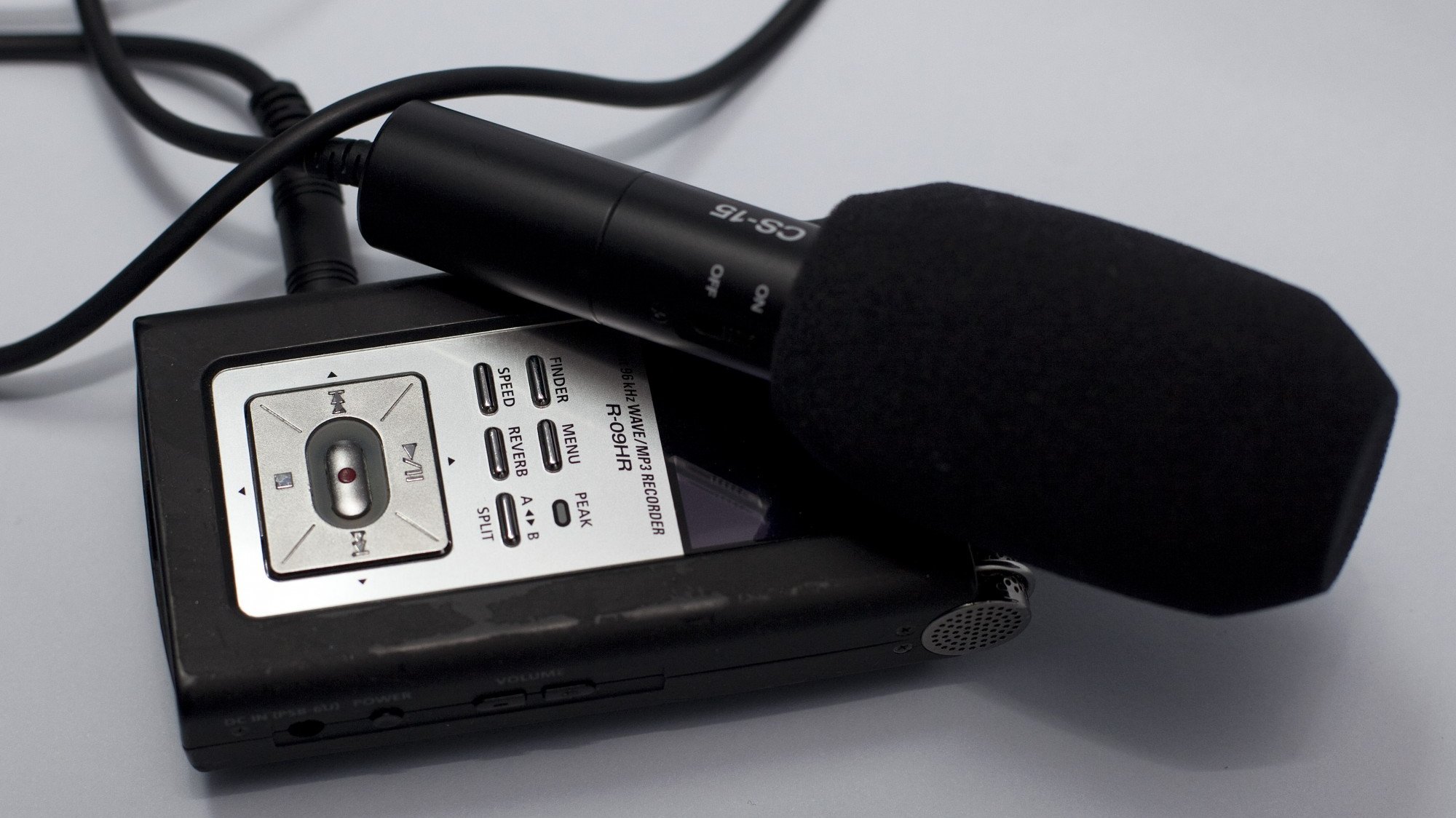Journalists from some 80 community radio stations from north to south of Mozambique have already received training promoted by a Mozambican NGO that wants to bring quality information to rural populations and also share local stories nationally.
This non-governmental organization (NGO), called h2n, was created three years ago by Mozambican reporters and other experts from various fields, such as health or human rights, to support the media, Lusa Rodrigues Tato, field coordinator, told. association.
We are working with approximately 80 radio stations across the country. We have radio stations from the south, center and north of the country,” he reported.
According to the journalist, who lives in the Mozambican city of Beira and also works as a freelance journalist, the NGO intends to support the ‘media’ with fewer financial resourcesnamely, the community radio stations, which have “an important role in the communities”, where the national media often do not reach.
“Communities respect journalists a lot. Journalists are a kind of ‘jet set’. (…) [As comunidades rurais] believe more in journalists than in government officials“, explained the Mozambican journalist.
For this reason, h2n wants to train community radio stations to produce quality information on topics such as health, nutrition, hygiene, human rights or youthalso preparing them to promote community mobilization.
As part of journalistic training, explained Tato, h2n trains journalists to speak with citizens and produce news, “because many times they do a kind of report,” but they do not bring “the juice of the news.” Tato says that he journalists leave training with the ability to write, but also produce audio and video.
“Community radios are a kind of nursery. We train them and then the big organizations come looking for them. We have advisers to government officials who were hired in community radio stations for the ‘know-how’ that h2n transmits to them,” he said. On the other hand, the organization prepares journalists to mobilize the community, transmitting best practices.
Tato exemplified that journalists promote debates in the communities, to which they invite members of the community, but also experts who warn, for example, of the risks of uncontrolled fires, and then reproduce these debates on the radio and open telephone lines. to amplify the impact. of the information
Also, the h2n it also works with radio stations on their financial sustainability.
We found some radio stations that couldn’t survive, they couldn’t pay the rent or the electricity, the water,” recalled Tato, and said that the organization helps them create a business plan, looking for sources of income.
Now, many can already control their finances, pay local reporters and some are even “doing another side business for the sustainability of the radio itself.”
The NGO also encourages community radio stations to explore information technology, taking advantage of social networks to “go further” and be heard throughout the country. And he also created a platform, Xipalapala Info, through which news from the various community radio stations is shared, in addition to having trucks that circulate throughout the country to show videos and reports made locally.
“The idea is to try to bring communities closer to the global world. Not just staying on an island,” she reported.
Through the work of community radio stations, says Tato, communities know their citizen rights, learn about promoting health and biodiversity and even about gender issuesas journalists are encouraged to listen to women in communities, where they are often reluctant to speak without their husbands’ consent.
“It all starts with the promotion of the genre in the media. Community radios were mostly run by men, but we encourage community radio managers to take on female voices (…). And it all starts with us at h2n too. It is an organization that is mainly made up of women and women and men have the same type of salary and mutual respect.”
h2n was officially registered in 2018, as a continuation of a program to strengthen the ‘media’ financed by US cooperation, which operated in Mozambique between 2012 and 2019. According to its website, h2n aims to promote the change of social norms and behaviors individuals through information.
Source: Observadora
